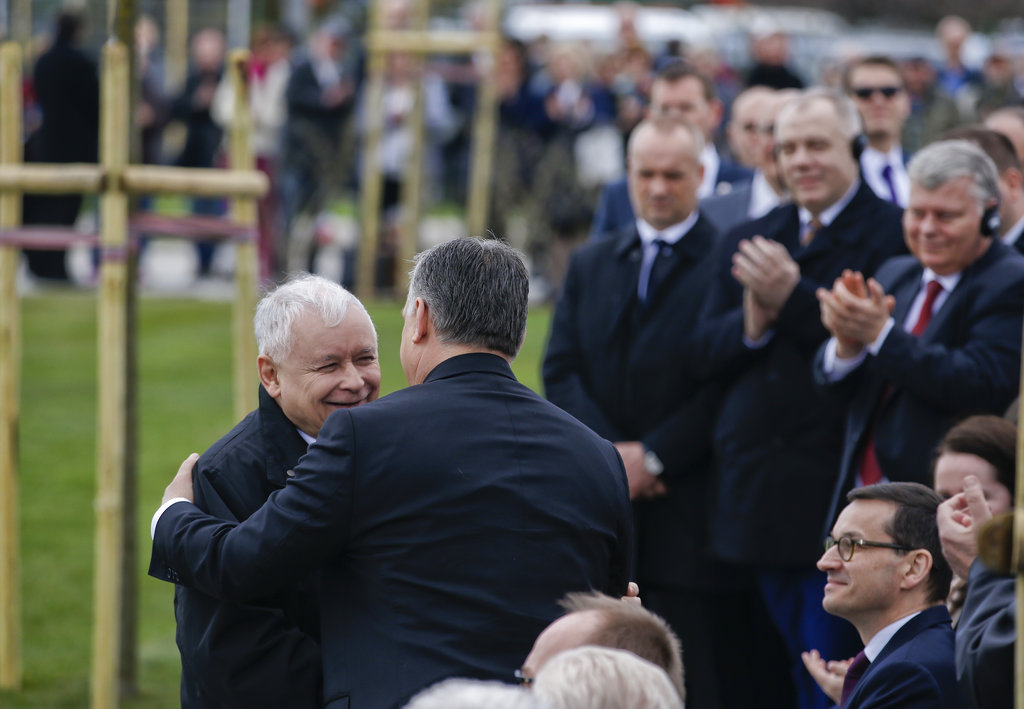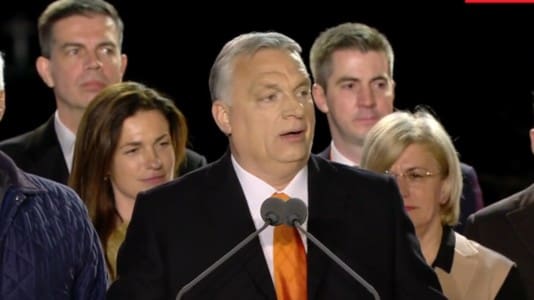Polish Deputy Prime Minister and head of the ruling party in Poland Jarosław Kaczyński shared his thoughts on the Hungarian Prime Minister Viktor Orbán in an interview by Sieci weekly. He was also asked about the Hungarian politics in the Russian-Ukrainian war context. The interview was carried out prior to parliamentary election in Hungary but published in Monday edition of Sieci.
Kaczyński was asked if the difference in the Polish and Hungarian stance towards the conflict has a negative impact on the Polish-Hungarian relations, and what is the future of the Visegrad Group.
“Let’s consider this rationally. Hungary had supported all proposed sanctions, and had condemned the Russian aggression. They are against imposing a ban on Russian oil import, but Germany and other important countries in the EU unfortunately share the same attitude,” pointed out Kaczyński.
Kaczyński stressed that he was aware that the characteristics of the Hungarian economy are not the same as Poland’s.
“They most importantly include a profound dependence on Russia in many areas, that started during the rule of a post-communist Prime Minister Ferenc Gyurcsány. We realize how hard it is to sever such a bond. We realize that the Hungarians have a different history, so they look upon some things differently. There is also a large Hungarian minority in Ukraine,” said Kaczyński.
Kaczyński admitted that the Polish government is not happy with the Hungarian attitude towards the war in Ukraine and expects more contributions from Hungary.
“It does not mean that we need to stop cooperating in every area. To be fair, we always knew about the differences in our political camp and Orbán’s attitude towards Russia and Germany. This was made clear during our long talk in Nidzica in the year 2016. We were acquaintances before, but it was then that we could get to know our views,” said the leader of PiS.
Kaczyński also denied media allegations that “the V4 was dead.”
The V4, or Visegrád Four, is the political alliance between Hungary, Poland, Slovakia, and Czechia, which even before the Ukraine crisis has seen cracks in the last year. Czechia, for example, elected a new government that is largely hostile to Orbán, and has signaled it will vote in support of rule-of-law sanctions against Poland and Hungary should the opportunity arise. The anti-Orbán sentiment is also largely present in Slovakia’s government.
Kaczyński stressed that the Polish government did not end the partnership with Budapest in any manner, noting that “the prime ministers of V4 countries decided to suspend the group’s work for a few weeks.”
The Polish deputy prime minister has stated that the Visegrád Four will resume “its beneficial work.”
“There are differences, but we are dealing with a partner who never broke our trust, and never hid his standpoint. In other areas of cooperation, such as those inside the EU, he never let us down,” said Kaczyński.
Some politicians and political commentators in Poland are outraged, that, in their opinion, Orban does not show enough participation to aid Ukrainians in their defense against Putin’s invasion on Ukraine.
“In the conflict between Russia and Ukraine, Hungary is on the side of Hungary,” said the Hungarian PM Viktor Orbán a couple of days ago, stressing that “naturally, our hearts are with those who are being attacked.”






